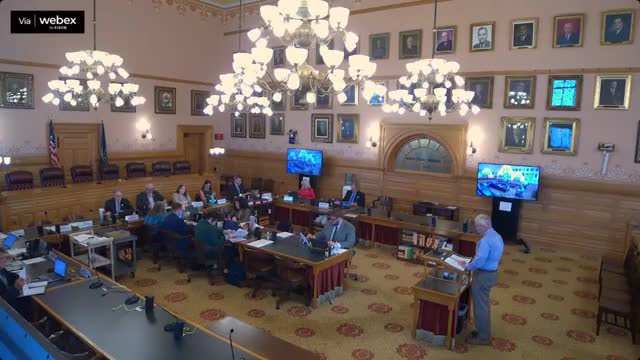Article not found
This article is no longer available. But don't worry—we've gathered other articles that discuss the same topic.
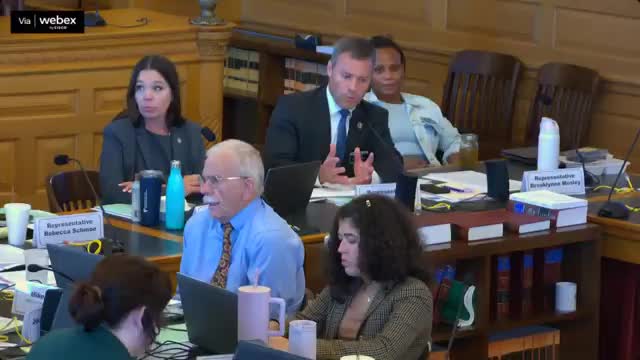
National self-exclusion programs aim to simplify protections for Kansans who want to stop gambling
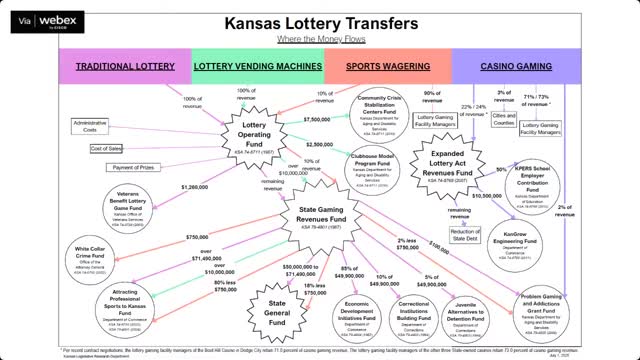
State survey shows higher gambling prevalence and rising risk markers; committee urged to boost prevention and treatment funding
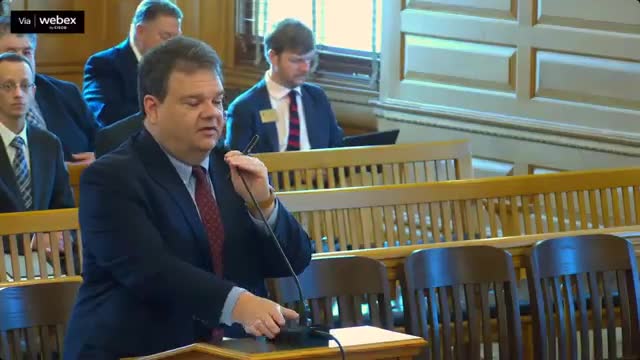
Lottery director and operators describe Kansas’ tethered model and the marketplace ahead of 2027 contract expirations
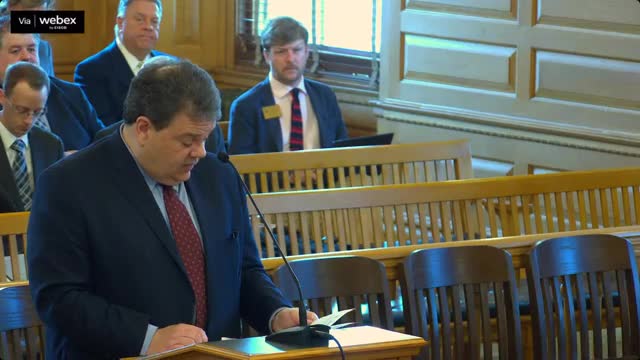
Legislative analysts map sports-wagering receipts: $2.67 billion wagered yielded roughly $17.4 million to state in FY25
